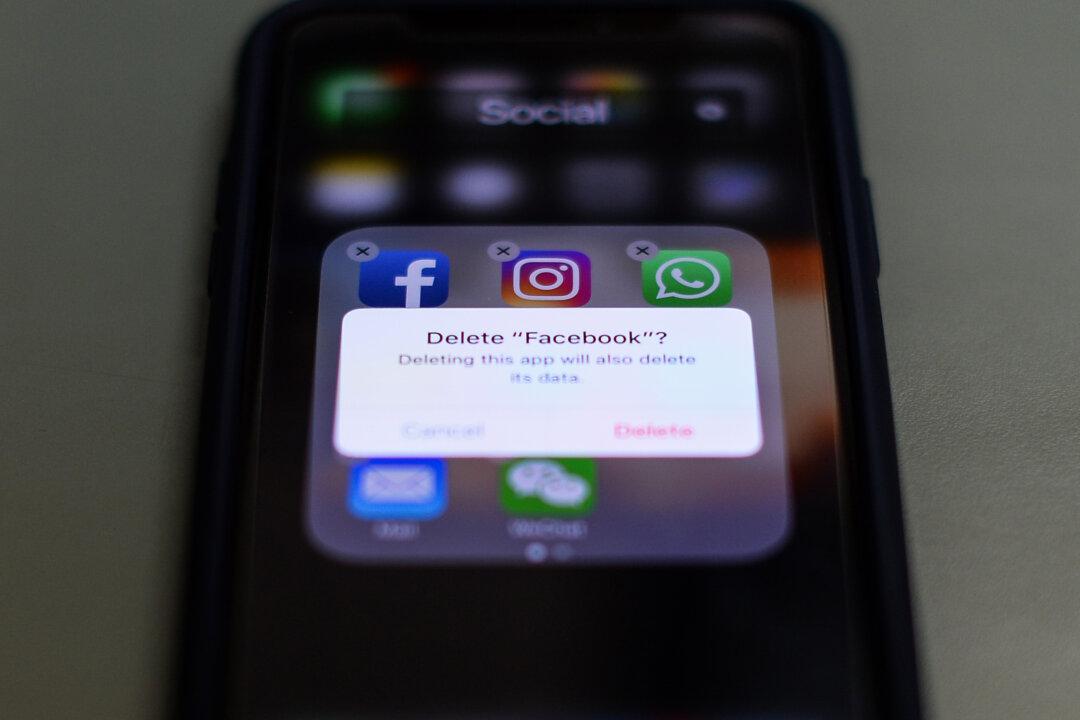A surge in topics being moderated and censored by social media companies is causing alarm among some experts who say we’re moving rapidly toward losing our online freedoms.
Most recently, platforms have started moderating CCP virus-related content they deem to be misinformation. YouTube CEO Susan Wojcicki said the platform would be “removing information that is problematic” including “anything that goes against World Health Organization (WHO) recommendations.”





